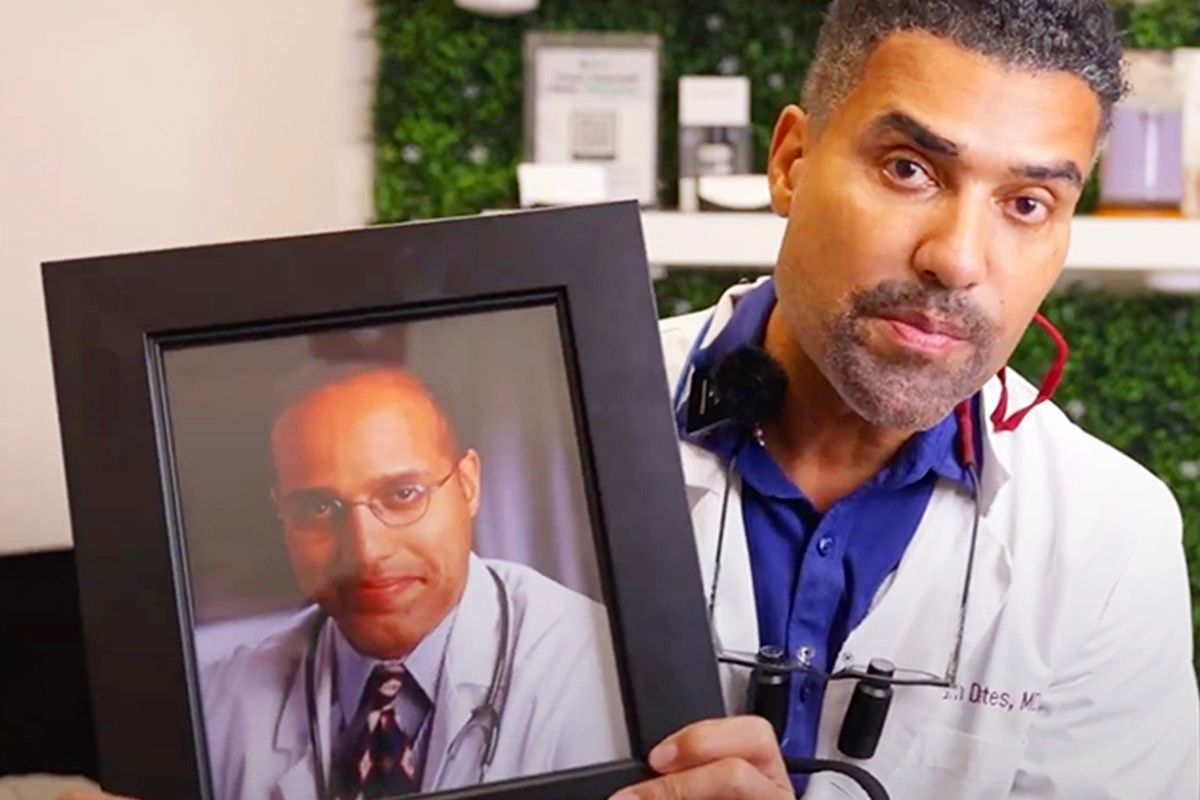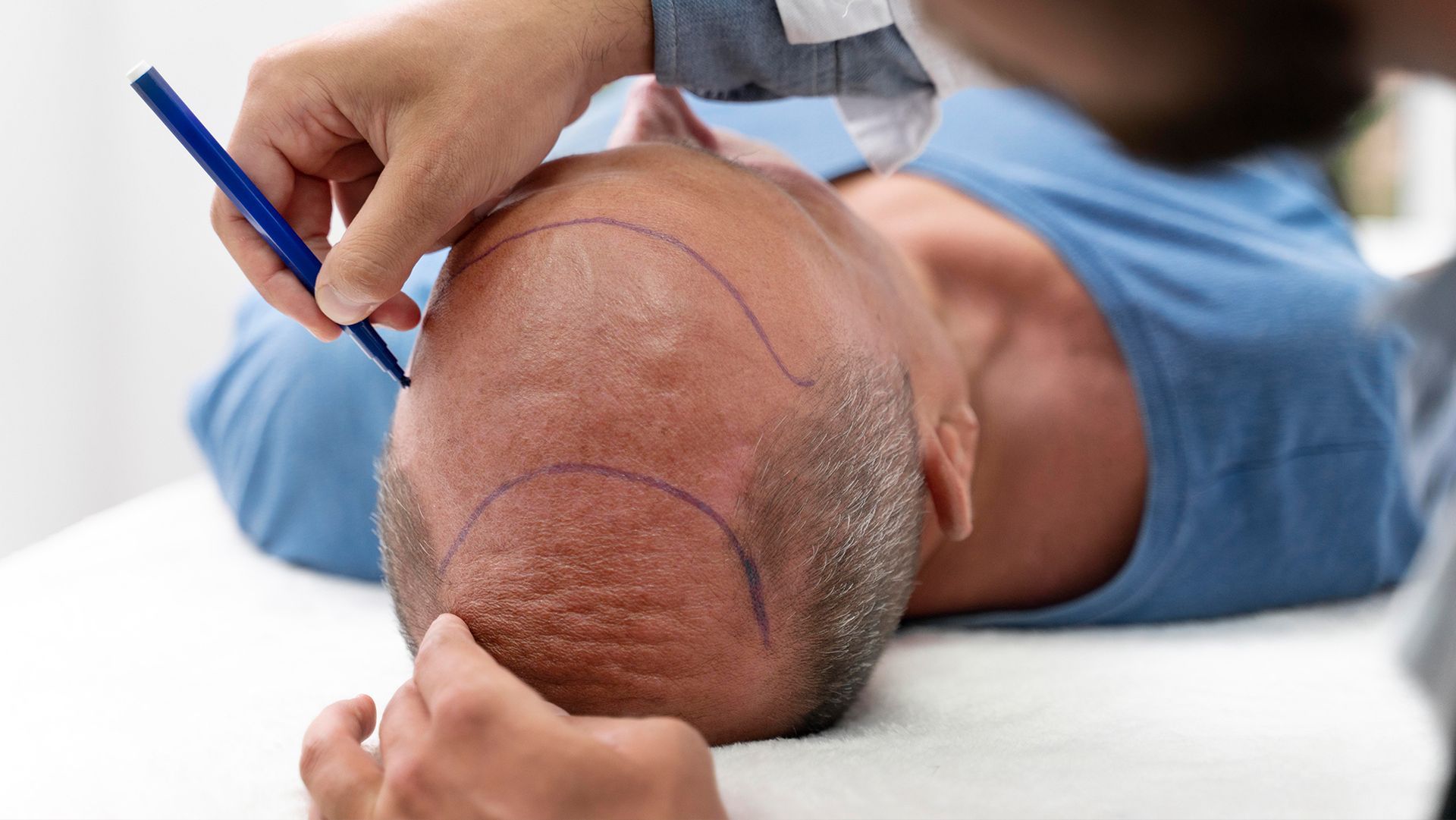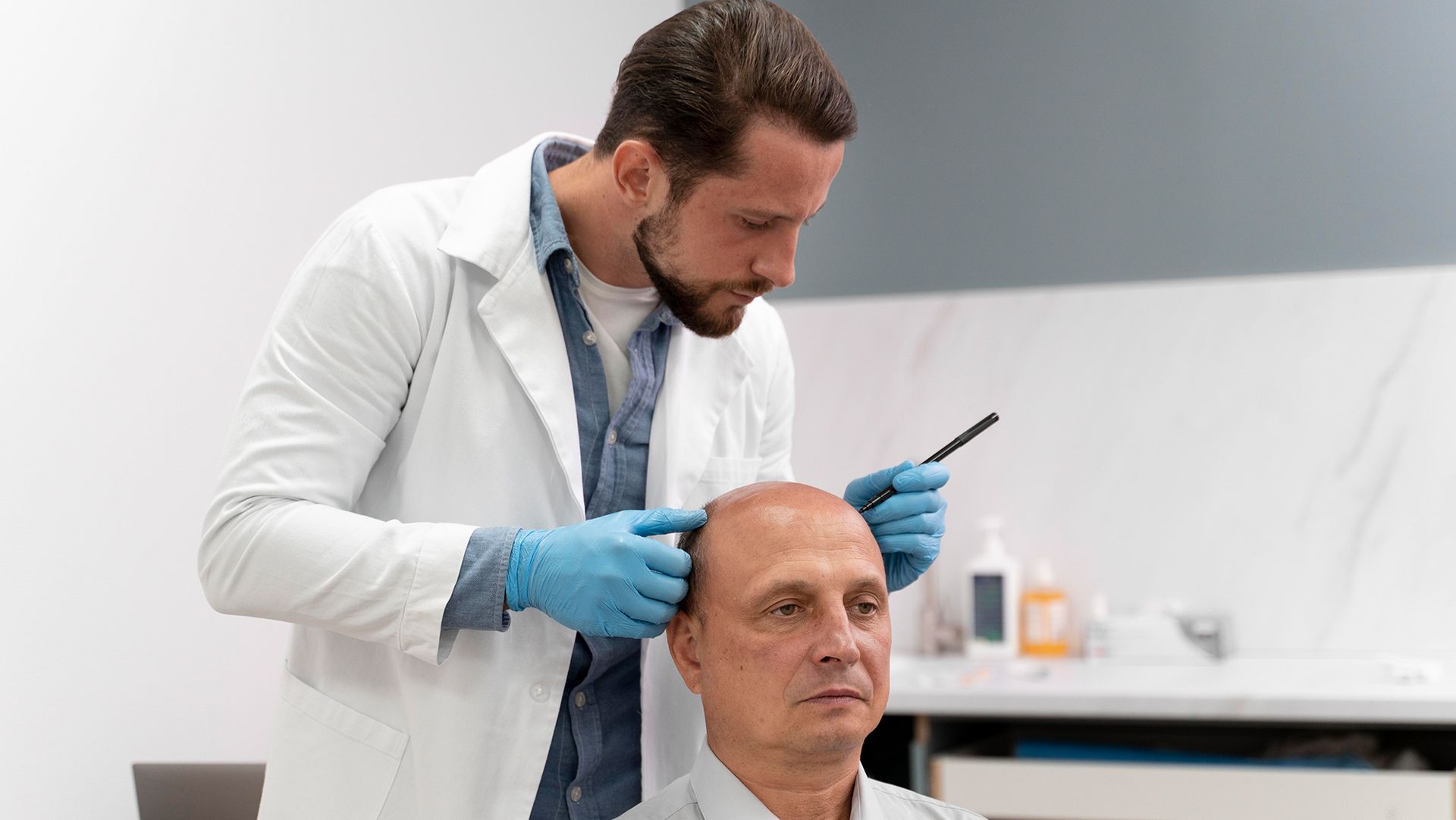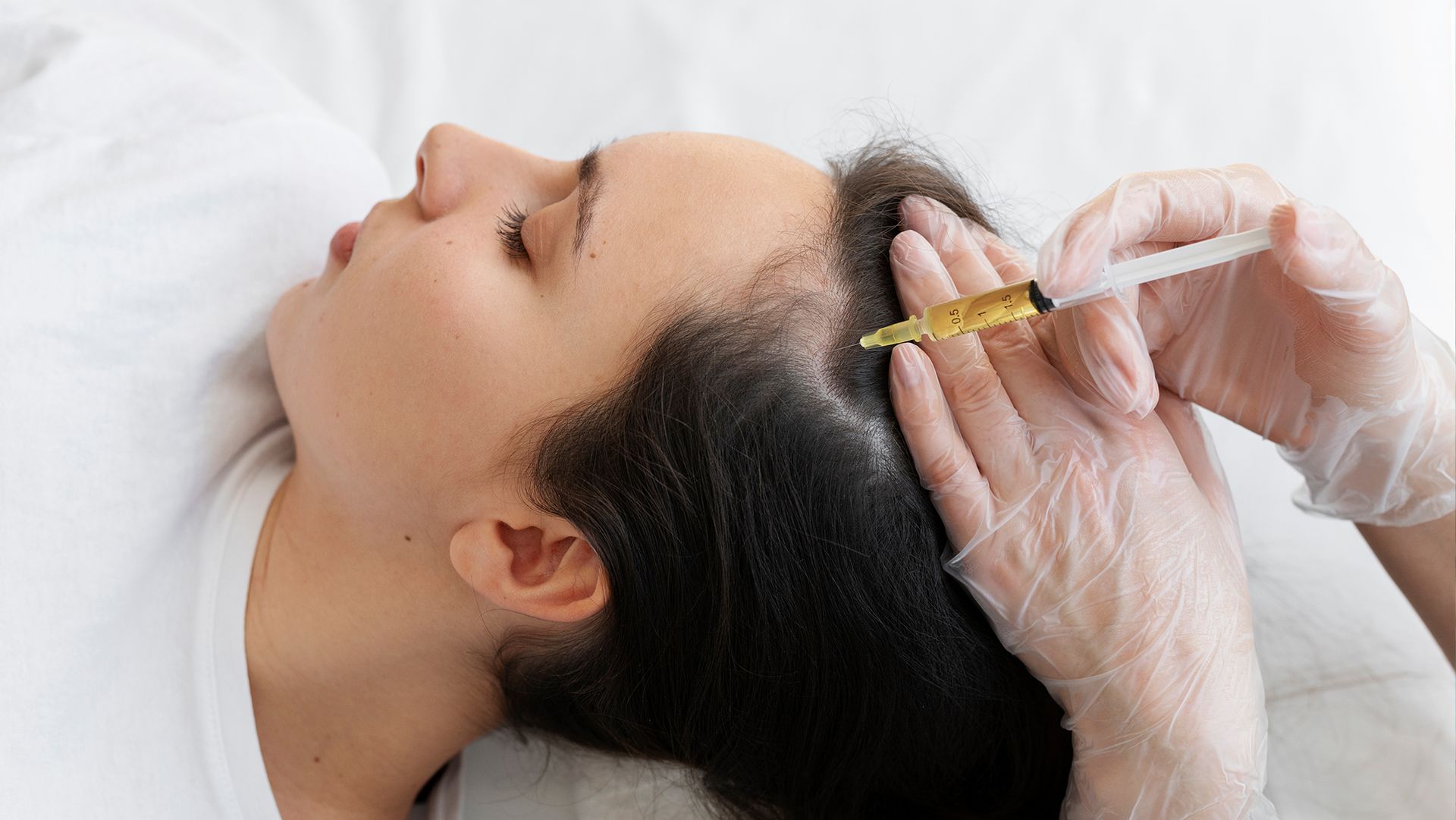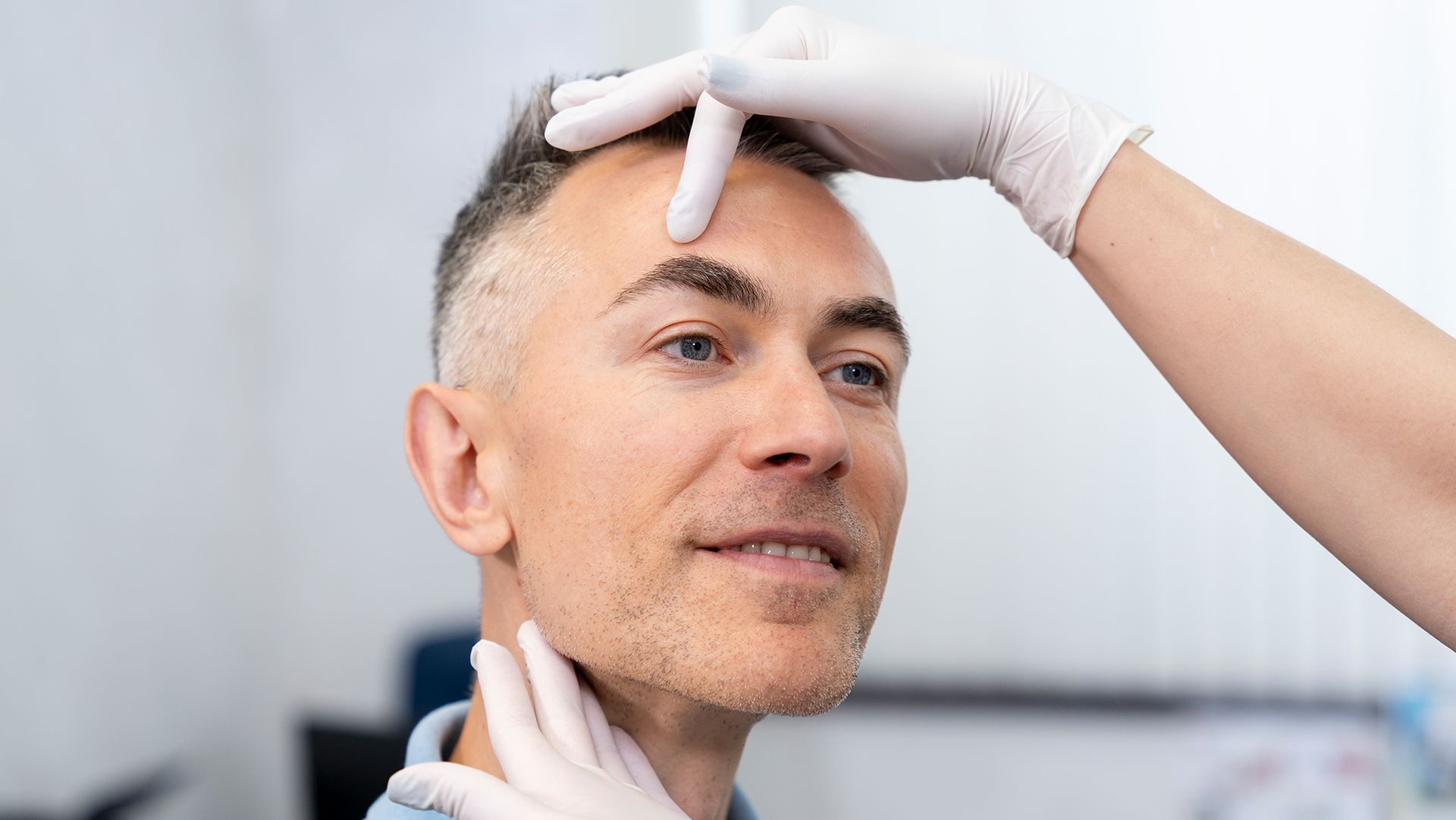Addressing the Common Causes of Hair Loss in Athletes
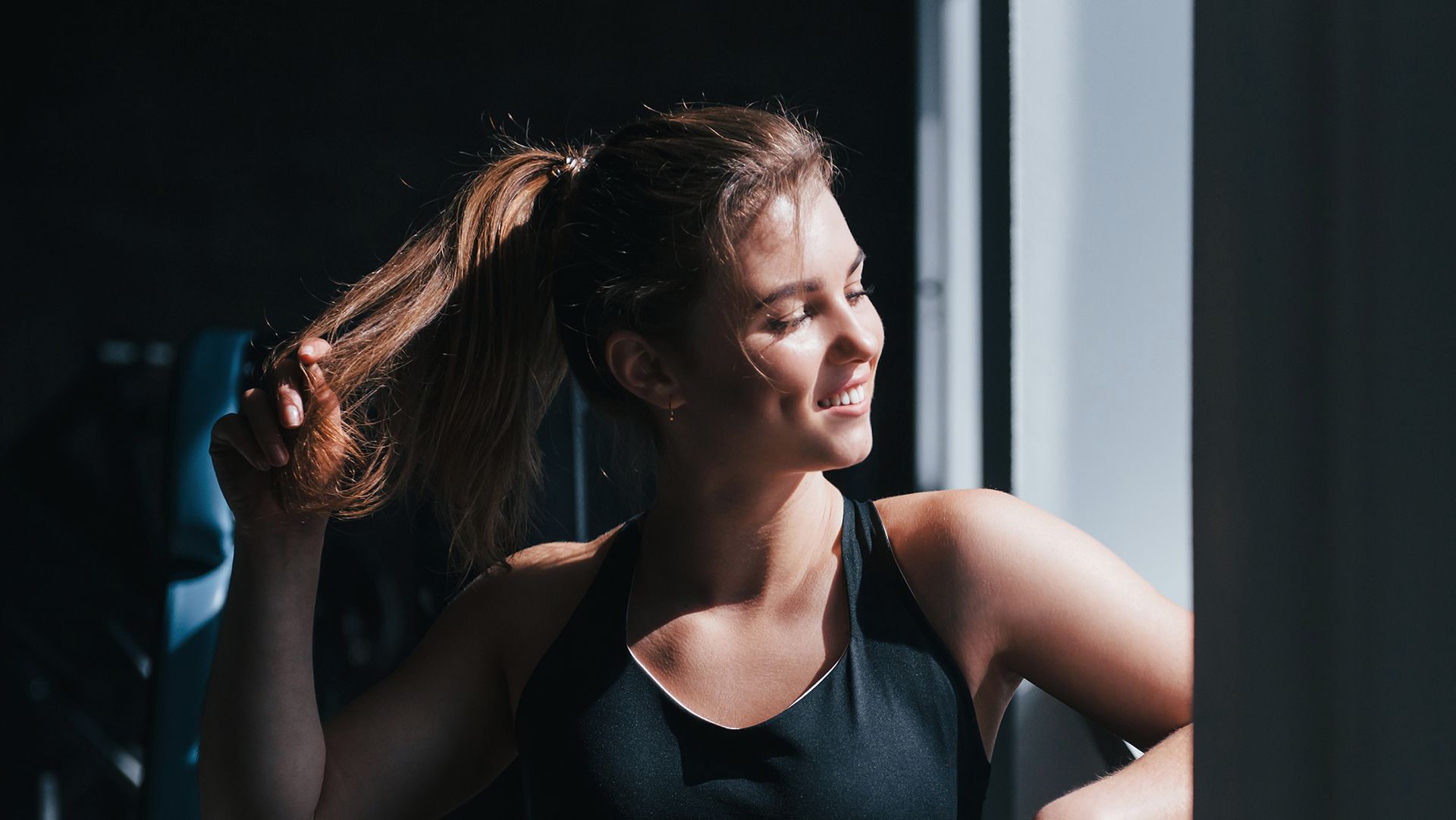
For many athletes, the thrill of the game comes with an unexpected opponent: hair loss. This condition, often overlooked in the sports community, poses not just a cosmetic concern but also a psychological one, impacting confidence and self-image. But what truly causes hair loss in athletes, and more importantly, how can it be addressed?
Understanding Hair Loss in Athletes
Hair loss in athletes is more common than many think, caused by a combination of physical and psychological stress. According to a study referenced in the National Institutes of Health, Androgenetic alopecia (AGA), the most prevalent type of hair loss, is influenced by both genetic predispositions and various non-genetic factors, including those related to intense physical activity. This suggests that the rigorous training and competitive environments athletes are often subjected to can play a significant role in the development of hair loss conditions. Let's take a look at the primary causes:
- Physical Stress: Rigorous training schedules demand a lot from the body, including the hair. Physical stress can push hair follicles into a resting phase, leading to increased shedding.
- Nutritional Deficiencies: High-performance diets sometimes lack essential nutrients vital for hair health, such as iron, proteins, and vitamins.
- Hormonal Changes: Intense physical activity can alter hormone levels, which may trigger hair loss in susceptible individuals.
- Sweat and Hygiene: Excessive sweating and not washing your hair regularly can lead to scalp issues, contributing to hair loss.
Athletes facing hair loss need strategies that tackle the root causes, from adjusting their nutrition and training routines to adopting better hygiene practices. These proactive steps will help them maintain not only their physical prowess but also their confidence and mental well-being.
Debunking Hair Loss Myths
Before we look more closely at effective treatments, let's clear up some common misunderstandings about hair loss:
- Myth 1: Only Male Athletes Suffer from Hair Loss: While male pattern baldness is more commonly discussed, female athletes are not immune to hair loss. Factors like stress, diet, and hormonal changes affect all genders.
- Myth 2: Wearing Helmets or Caps Causes Hair Loss: There's no concrete evidence supporting the idea that wearing headgear during sports leads to hair loss. However, poor hygiene related to their use can contribute to scalp issues.
- Myth 3: Sweating Causes Hair Loss: Sweat itself doesn't cause hair to fall out. The issue arises when sweat buildup isn't properly washed away, potentially leading to scalp irritation and hair follicle damage.
- Myth 4: Frequent Shampooing Increases Hair Loss: This is a myth; washing your hair regularly is essential for maintaining scalp health, and there's no evidence that it leads to hair loss.
- Myth 5: Hair Loss Is Always Genetic: While genetics play a significant role, environmental factors, nutritional deficiencies, and stress also contribute significantly to hair loss.
- Myth 6: Cutting Hair Encourages It to Grow Back Thicker and Stronger: The thickness of your hair is determined by your genetics and not by how often you cut it. This myth persists despite a lack of scientific evidence
- Myth 7: Direct Sunlight Causes Hair Loss: While prolonged exposure to UV rays can damage the hair, making it brittle, there's no direct link between sunlight and increased hair loss. Protecting your hair from the sun is still a good practice for overall hair health.
Understanding the truth behind these myths is crucial in addressing hair loss effectively and maintaining both physical and mental well-being. Knowledge is power, especially when it comes to debunking misconceptions and promoting healthier lifestyles.
Addressing the Issue: Hair Loss Treatments
Acknowledging the problem is the first step. The next is exploring effective treatments that offer hair support and thickening. Here, we focus on solutions that have shown promise in dealing with hair loss:
Nutritional Adjustments
- Balanced Diet: Incorporating a diet rich in vitamins A, C, D, E, zinc, iron, and omega-3 fatty acids can support hair health.
- Supplementation: Supplements may help bridge the gap in cases of identified deficiencies.
Scalp Care
- Regular Cleansing: Keeping the scalp clean prevents clogged pores and supports healthy hair growth.
- Gentle Products: Using mild shampoos and conditioners can minimize scalp irritation.
Stress Management
- Adequate Rest: Ensuring sufficient sleep helps the body recover, reducing physical stress levels.
- Relaxation Techniques: Practices like meditation and yoga can help manage psychological stress.
Medical Treatments
Treatments such as topical minoxidil or platelet-rich plasma (PRP) therapy have been noted for their potential benefits for those seeking professional intervention. However, it's crucial to consult with a healthcare provider to choose the best course of action tailored to your specific situation.
Exploring a range of treatments offers hope and potential solutions for athletes experiencing hair loss. Tailoring these strategies to individual needs with professional guidance can lead to improved hair health and overall well-being.
Advanced Treatments for Hair Loss
Science and medicine offer advanced solutions for those looking for more than lifestyle adjustments. It's crucial to approach these options with a healthcare professional who understands hair loss and can provide personalized advice.
Low-Level Laser Therapy (LLLT)
- How It Works: LLLT uses laser lights to stimulate cell growth in the scalp and improve blood circulation, potentially encouraging hair growth.
- Who It's For: Athletes looking for a non-invasive treatment option may benefit from exploring LLLT.
Platelet-Rich Plasma (PRP) Therapy
- The Process: PRP therapy involves extracting a patient's own blood, processing it to enrich platelets, and then injecting it into the scalp. The growth factors in platelets can promote hair regrowth.
- Best Candidates: Those experiencing hair thinning rather than complete baldness often see the most significant improvements.
Medications
While over-the-counter solutions like minoxidil are widely known, prescription medications also play a role in treating hair loss. Finasteride, for example, is used to treat male pattern baldness by decreasing the amount of a natural body hormone (DHT) that causes hair loss.
Creating Your Hair Loss Strategy
Developing a comprehensive approach to tackling hair loss requires a combination of knowledge, patience, and consistency. Here are some steps to consider:
- Assessment: Begin by understanding the potential causes behind your hair loss. Is it related to diet, stress, hormonal imbalances, or perhaps a combination of factors? Consulting with a healthcare professional can provide clarity.
- Personalized Treatment Plan: Based on your assessment, work with specialists like those at Yates MD to develop a treatment plan tailored specifically for you. This could include nutritional advice, lifestyle changes, medical treatments, or a combination thereof
- Monitoring Progress: Hair growth takes time, and treatments often require patience before visible results are seen. Regular check-ins with your healthcare provider can help track progress and adjust the treatment plan as necessary.
- Holistic Approach: Remember, addressing hair loss effectively often involves more than just one solution. A holistic approach that includes proper nutrition, stress management, and suitable physical care for your hair and scalp can enhance the effectiveness of your chosen treatments.
- Community and Support: Finally, connecting with others who are going through similar experiences can provide emotional support and valuable insights. Whether it's through online forums, support groups, or social media, sharing your experience can make the process less isolating.
While hair loss s can be a challenging issue, it's important to remember that you're not alone. With the right approach, resources, and support, it's possible to overcome this obstacle and emerge stronger.
Visit Yates MD for Tailored Hair Loss Treatments
If you're an athlete facing the challenge of hair loss and seeking solutions that provide support and thickening, it's time to take action. Yates MD specializes in addressing hair loss with a focus on treatments that cater specifically to your needs. Don't let hair loss hold you back from achieving your best both on and off the field. Visit Yates MD today for more information on how you can regain control over your hair health.
Conclusion: Addressing Hair Loss in Athletes
Hair loss in athletes is a complex problem that needs a thorough strategy to tackle successfully. Understanding the root causes, looking into possible treatments, and actively working towards better hair health allow athletes to handle this issue confidently. Keep in mind, every person's experience is different, and what helps one individual might not help another. It's important to be patient, keep learning, and get advice customized to your particular situation.
